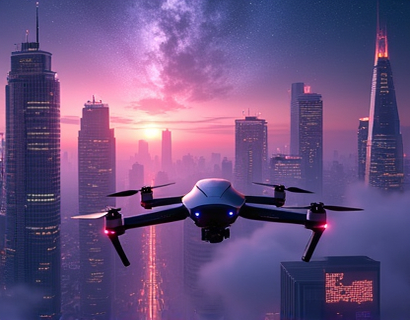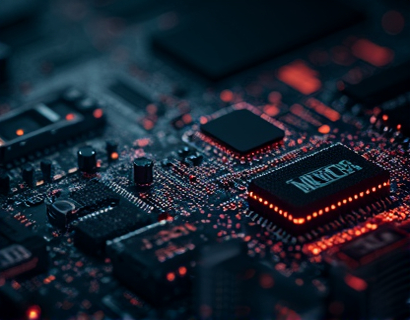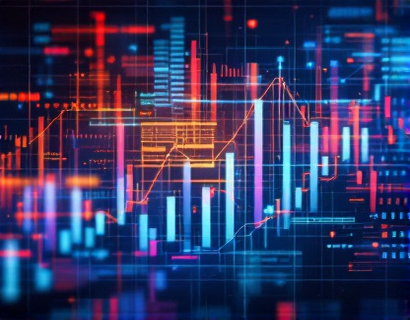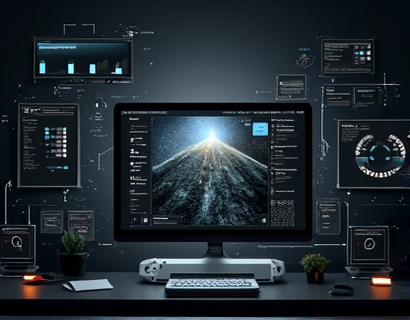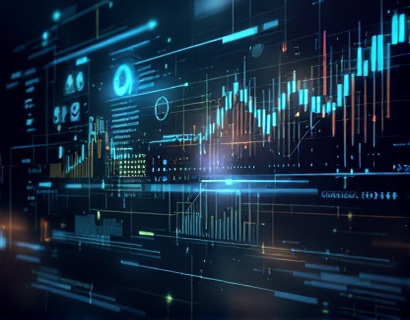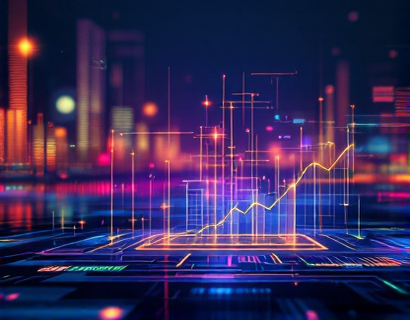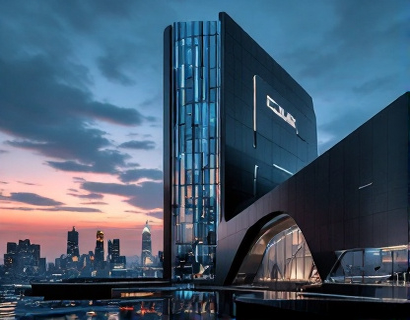Elevating Event Performance: Advanced Software Solutions for Performers and Entertainment Professionals
In the dynamic world of entertainment, staying ahead of the curve is crucial for success. Advanced software solutions have revolutionized the way performers and event professionals manage their careers, connect with audiences, and deliver unforgettable experiences. These tools are designed to streamline workflows, enhance audience engagement, and maximize event impact. This article delves into the transformative power of cutting-edge software, exploring how it can elevate your performance and simplify event management.
Streamlining Workflows with Advanced Software
The entertainment industry is known for its fast-paced and often chaotic environment. Managing multiple aspects of an event, from bookings to promotions, can be overwhelming without the right tools. Advanced software solutions offer a comprehensive platform that integrates various functionalities into one seamless system. This integration reduces the need for manual processes, minimizes errors, and saves valuable time.
For instance, a robust event management software can handle booking management, allowing performers to easily schedule and confirm gigs. The system can automatically send confirmation emails to both the performer and the venue, ensuring clear communication and reducing the risk of miscommunication. Additionally, the software can track payment statuses, providing real-time updates and alerts to both parties.
Enhancing Audience Engagement
Audience engagement is the lifeblood of any successful event. Advanced software solutions offer powerful tools to connect with fans and create a more immersive experience. Social media integration is a key feature, enabling performers to promote their events directly to their followers. By posting event details, behind-the-scenes content, and exclusive updates, artists can build excitement and anticipation.
Interactive features such as live polls, Q&A sessions, and real-time feedback mechanisms can further enhance audience participation. These tools not only make the event more engaging but also provide valuable insights into audience preferences and behaviors. This data can be used to tailor future events and improve overall fan experience.
Efficient Event Promotion
Promoting an event effectively is crucial for its success. Advanced software solutions offer a range of marketing tools that can significantly boost visibility and attendance. Digital marketing integrations allow performers to leverage email campaigns, social media ads, and targeted promotions to reach a wider audience.
One of the most effective features is the ability to create and manage event listings on popular platforms such as Eventbrite, Ticketmaster, and local event calendars. The software can automatically update these listings with the latest information, ensuring accuracy and consistency. Additionally, analytics tools provide insights into the performance of different marketing strategies, helping performers optimize their promotional efforts.
Connecting with Fans
Building a strong connection with fans is essential for long-term success in the entertainment industry. Advanced software solutions facilitate this by providing tools for fan management and community building. A dedicated fan portal or membership program can offer exclusive content, early access to tickets, and special perks, fostering a loyal fan base.
Personalized communication is another key aspect. The software can segment fan lists based on preferences and behavior, allowing for targeted messaging and offers. This personalized approach not only enhances the fan experience but also increases the likelihood of repeat attendance and word-of-mouth promotion.
Seamless Experience from Start to Finish
The true power of advanced software lies in its ability to provide a seamless experience from the initial planning stages to the final curtain call. Every aspect of event management, from booking and promotion to execution and follow-up, is streamlined and optimized.
For performers, this means less stress and more time to focus on their craft. The software handles the behind-the-scenes tasks, allowing artists to concentrate on delivering exceptional performances. For event organizers, it means a more efficient and controlled process, reducing the risk of last-minute issues and ensuring a smooth event flow.
Unlocking New Career Opportunities
The impact of advanced software extends beyond day-to-day operations, offering performers new opportunities for growth and expansion. By leveraging data analytics and audience insights, artists can make informed decisions about their career paths. For example, identifying popular venues, optimal performance times, and successful marketing strategies can guide future planning and decision-making.
Moreover, the ability to reach a broader audience through digital platforms opens up new markets and collaborations. Performers can connect with fans and other artists globally, leading to diverse and enriching experiences. The software's networking features can also facilitate connections with industry professionals, potentially leading to new projects and opportunities.
Case Studies and Real-World Applications
To better understand the practical benefits of advanced software, let's look at a few real-world applications. A well-known rock band used an integrated event management system to streamline their tour planning. The software handled venue bookings, ticket sales, and promotional activities, resulting in a 30% increase in ticket sales and a significant reduction in administrative workload.
Another example is a theater company that implemented a fan engagement platform. By offering exclusive content and personalized communications, the company saw a 40% increase in repeat attendance and a substantial boost in social media engagement. The data collected through the platform also informed future productions, leading to more audience-driven content.
Future Trends and Innovations
The landscape of event management software is continually evolving, with new technologies and innovations on the horizon. Artificial intelligence and machine learning are set to play a larger role, providing even more personalized experiences and predictive insights. Virtual and augmented reality integrations can create immersive pre-event experiences, further enhancing audience engagement.
Blockchain technology is another area of interest, offering secure and transparent ways to manage ticketing and royalties. As these technologies mature, they will likely become integral parts of the event management ecosystem, offering new possibilities for performers and event professionals.
Conclusion
Advanced software solutions are transforming the way performers and event professionals manage their careers and events. By streamlining workflows, enhancing audience engagement, and providing powerful promotional tools, these technologies offer a competitive edge in an increasingly digital world. Embracing these innovations not only simplifies day-to-day operations but also opens up new opportunities for growth and success. As the industry continues to evolve, staying informed and adaptable will be key to thriving in the entertainment landscape.










